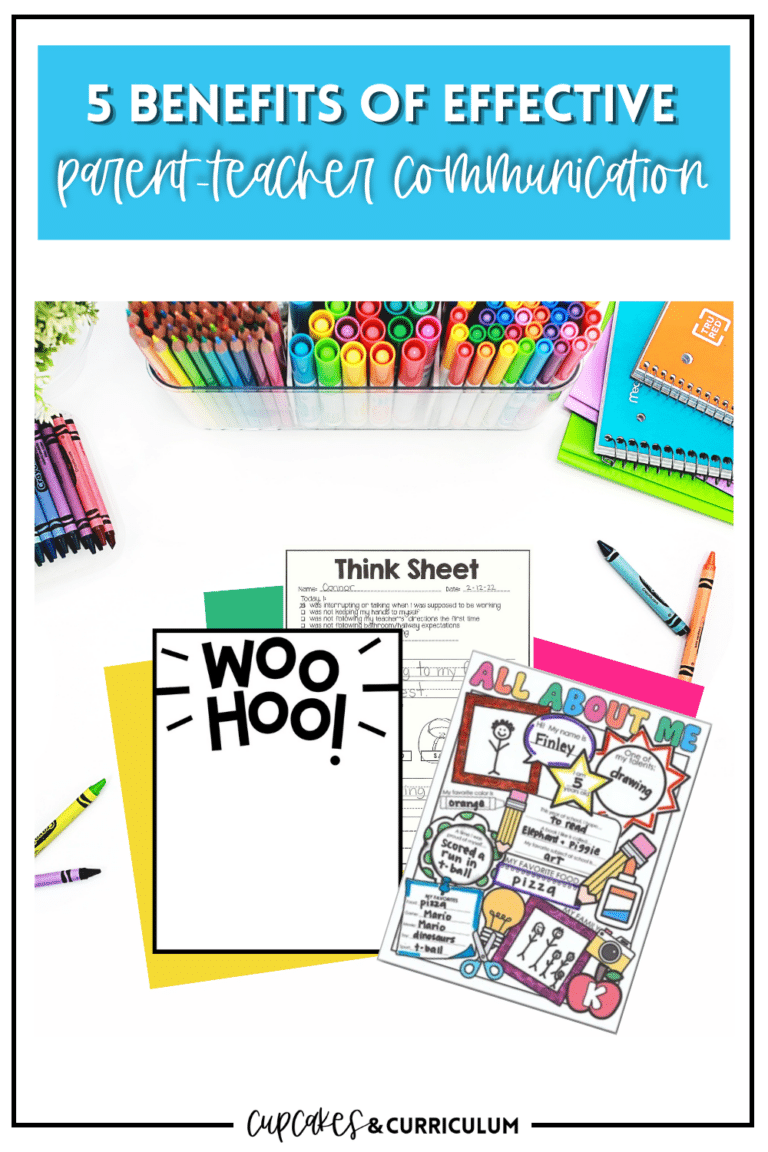

I can personally say it is discouraging to be a student who struggles in math. Understanding math concepts is just not for everyone. Some are better at language, and some feel more comfortable in history. Not every subject fits every student, and that’s okay.
What isn’t okay is for students to lose confidence in their abilities to be able to do their absolute best in every subject. The student who struggles in math needs us to give them that boost!
This is obviously something every teacher wants to avoid, right? We want to help our kiddos to succeed and love school no matter what subject they have for 2-3 hours. This begins with us. Teachers have this amazing responsibility and natural ability to influence our students and how they perceive everything they experience in school. So, we have a wonderful duty to our kiddos to help encourage them daily to be their best in an environment full of tests that group students from high to low.
So, how do we do this? What’s the best way to help students be confident in their math abilities? Well, I have a few things that have helped me and some experienced teacher friends below!
First things first, give them the space. Space to make mistakes, collaborate with others in the class, and even space to learn at their own pace. Yeah, that last one is hard! We ourselves are on a time crunch as we have a schedule to follow. So, offer extra time and resources to help with this. If they need extra help, offer time after school or during their free time to study more collaboratively with you or other classmates you trust to help them.
When students know they have grace in their mistakes, they are more likely to learn from them. If you strive to be the teacher who doesn’t get upset at their constant mistakes and instead helps them walk through the missteps, they will be able to feel more supported. This can go a long way in your student’s relationship with not only you but math in general.
Did you know there are ways to learn math skills? Some students need games to touch their creative side of learning, some need visual concepts, and others simply need to hear you walk through the process to be able to pick up the skill. The problem many students run into is if only one form of teaching is provided. This makes it harder for them to adapt to the style of learning needed.
For example, one student needed to watch someone go through the entire process a few times while explaining, and then they would apply that process to their own work, thus learning the math skill! Another student needed me to provide multiple forms of practice questions while they worked it out themselves through reading the steps. It’s amazing how each person learns in their own unique way.
I know providing multiple forms of teaching styles in the lesson plan sounds difficult, but I have the perfect solution for this. You can simply use adjoining games/activities during center time and utilize math skill checks in your math class! I’ll post these skill check worksheets below.
They are built to match to current standards for every state and have multiple resources for each standard. They are student-centered and easy to use! I LOVE these skill checks and created them with years of experience under my belt applied to each page. These skill checks are by far the best resource for every math teacher from K-5th grade, especially for those who have a student who struggles in math. Check them out here, and I’ll post more below.
Tests can be extremely stressful for students. Frequent strict assessments in the classroom can actually cause students to be flustered and lose their confidence in their abilities. Standard tests are essential, but students shouldn’t feel like their results are what defines them and their learning abilities.
I’ve learned that soft assessments can be less stressful and provide you with a way to see where your students stand in what they have learned and what they need to practice. This also overwhelms them less and gives them the confidence that they can do well on the big tests.
The math skill checks listed above give great material to be used as soft assessments and practice for the standardized tests.
Overall, providing adequate practice material, an encouraging environment, and a source of help to students can be the key to math confidence and success.